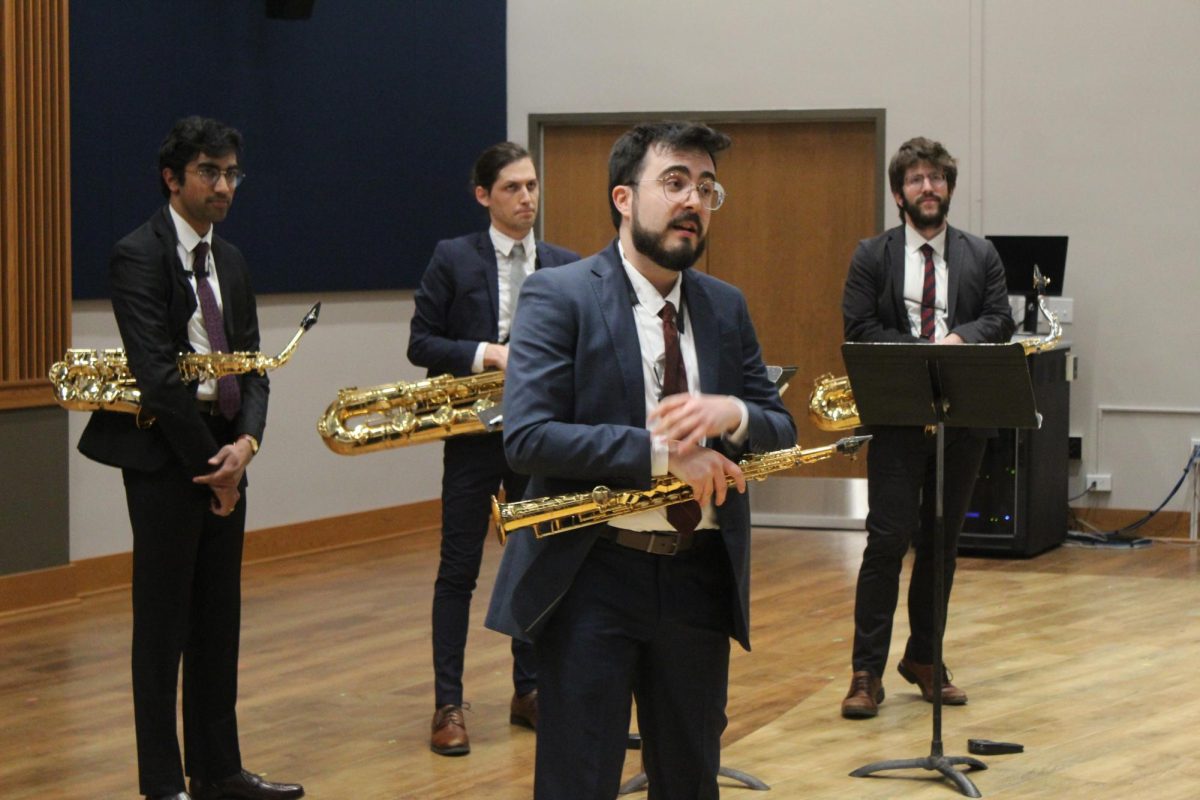As of Nov. 7, over 10,000 fatalities have occurred in Gaza and more than 1,400 in Israel as a result of the largely divisive Israel-Palestine conflict over the Gaza strip. Universities across the United States have taken a position on the conflict or otherwise informed students about the ongoing conflict and steps they can take to support either side.
Augustana, in an email sent out on Oct. 18 by the Dean of Students, expressed support for Israel in the recent Israel-Palestine conflict over the Gaza Strip. The email, speaking for the Augustana Hillel chapter, a Jewish student organization, recognized the horrific events that occurred and offered a prayer for those harmed. While the intention behind the message is undoubtedly noble, it offers one-sided support.
Educational institutions should not promote a particular political stance but instead act as a neutral party. The role of a school is to facilitate dialogue among students with differing perspectives rather than adopt a singular one, potentially isolating students and only offering a biased lens into a critical conflict.
It should encourage critical thinking, open-mindedness and the exploration of diverse perspectives. While addressing current events and fostering empathy is a laudable goal, institutions should not promote a particular stance.
“Our heads are still reeling regarding the horrific events that occurred in Israel recently,” the email sent to the campus community said. “On Sukkot and Simchat Torah, holidays that are supposed to be about family and love, families were destroyed and love was lost.”
On both sides of the Israel-Palestine conflict, families have been destroyed and love has been lost. Only one side was recognized in an email sent by a school representative.
The line between encouraging students to be politically active and promoting a specific political stance within educational institutions has become increasingly blurred. The recent email is a prime example of this dilemma.
While it is essential to foster an environment where students can engage in meaningful discussions and express their opinions, it is equally crucial to ensure that political agendas do not infiltrate education.
Some may argue the email reflects the perspective of a student group, who are well within their rights to express their feelings about the conflict and speak freely.
However, the Dean of Students, a figure in a position of authority at the college, sent the email, not the student group it aimed to represent.
Similar situations have occurred throughout the United States following the conflict. An aide at UC Berkeley, Victoria Huynh, offered extra credit to students if they attended Pro-Palestine protests or view Pro-Palestine content and contacted a Californian representative.
“[Her actions are] another unconscionable attempt to brainwash students,” David Lange, an activist, said.
Instances like these raise questions about how educational institutions can speak about current events and where the line is drawn concerning freedom of speech, advocacy and maintaining a safe, objective environment to foster students’ education.
It’s also a concern that students expressing political opinions or taking sides on a controversial conflict are not met with the same degree of leniency as an administrative figure doing the same.
Student-led protests dating back to the Vietnam War Anti-War movement and in response to the Gaza conflict occurring today have been met with the rescinding of university donations and public condemnation.
Yet, students have less monetary and social influence than high-ranking administrative figures, so why is the response so different? Why is the Dean of Students speaking out for a student group, rather than the email coming from the group itself?
There are ethical implications for an educational institution taking a stance on a political issue and disclosing this openly to students. It creates a subtle but real pressure on students to conform to that viewpoint, making it difficult for those with different beliefs to express themselves freely.
In a polarized world, where political and social issues often divide communities, educational institutions must maintain objectivity. Students should be free to explore a range of perspectives, form their own opinions and engage in open, respectful dialogue.
To strike the right balance, educational institutions should consider adopting guidelines for political engagement within their communities. These guidelines should ensure that discussions and activities related to current events are framed in an inclusive and non-partisan manner. They should also promote the idea that political opinions should be separate from education, allowing students to develop their own perspectives.
The recent email is a reminder of the delicate line that educational institutions must walk in informing students about current events without taking a specific stance. While fostering empathy and encouraging students to be politically active are commendable goals, schools must remain neutral and inclusive spaces where diverse opinions are respected and valued. Taking a stance on an issue does not align with that goal.








































































































